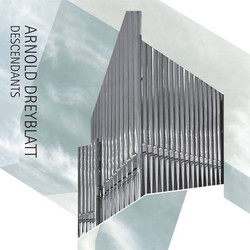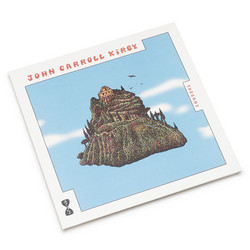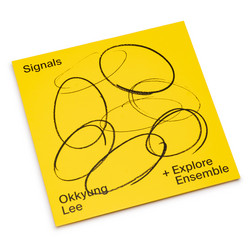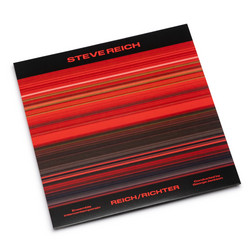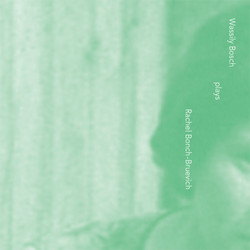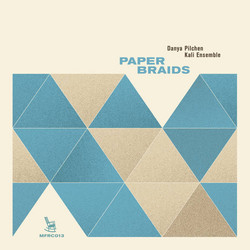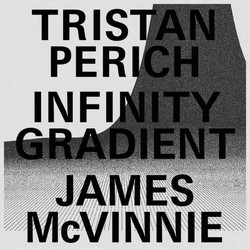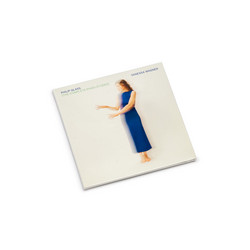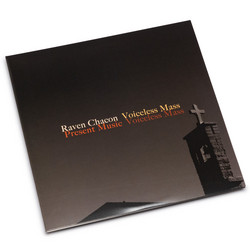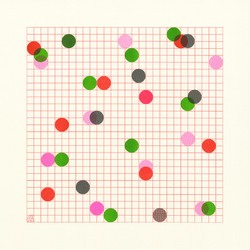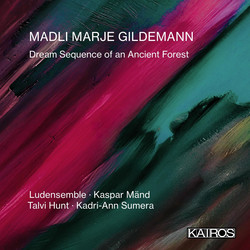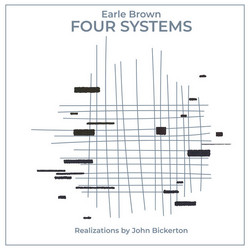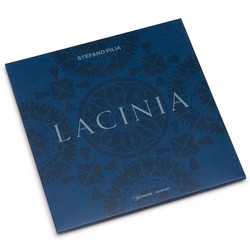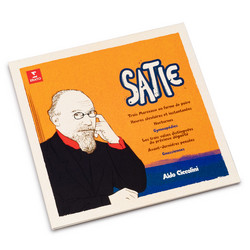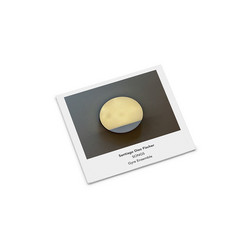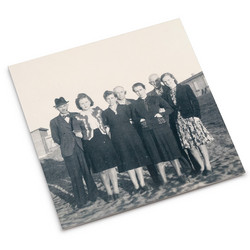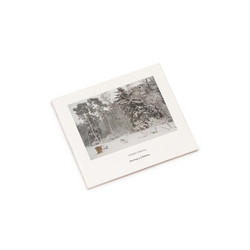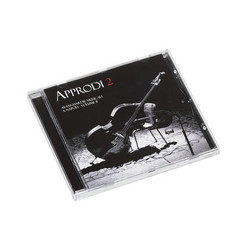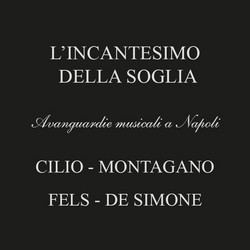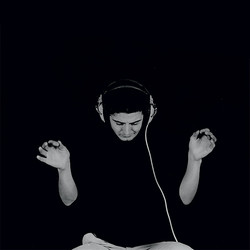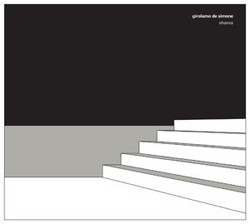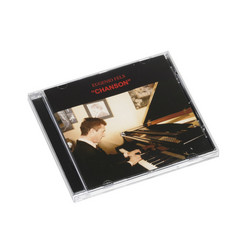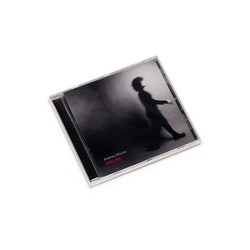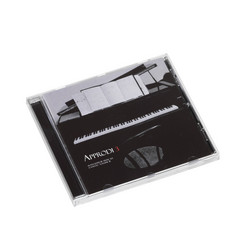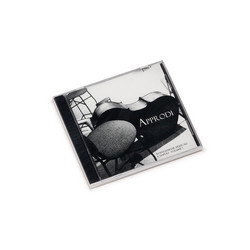"The Coronation of Poppea by Claudio Monteverdi garnered the interest of Gian Francesco Malipiero, who emphasized a second copy of the manuscript found in Naples in the rooms of the Conservatory Library, and showing a series of pages not included in the Venetian manuscript. Among these, a Prologue that constitutes, together with other fragments taken from the work, the main plot of monteverdi | pianocloud.
As is known, the Coronation was performed in Naples in 1651 and is ignored, given that Monteverdi had disappeared in 1643, if the variants had been affixed by the Author after the representation of 1642 or were on the other hand. What is certain is that those changes appear closer to the booklet printed in Venice in 1646. Malipiero published all the materials and from there, from the autograph reproduced in anastatic, Girolamo De Simone has expunged the thematic fragments that are processed on the computer with synthesis, dotted with a 'cloud' of piano clusters superimposed, in real or deferred execution, on the electronic track. The disc contains both the first source, transcribed by spinet, and the subsequent compositional reworkings, with spinet, piano and with the aid of granular synthesis. pianocloud was born from a commission of the San Carlo Theater in Naples, for the celebrations on the occasion of the 450th anniversary of the birth of Monteverdi.
"I chose the Coronation of Poppea" - says Girolamo De Simone - because it is a work considered close to Shakespeare, to whom I had already dedicated a musical outline able to highlight some underground themes, also common to the metaphysics of traditional Sciences. Shakespeare's Antonio and Cleopatra was staged in the early 1600s with publication in 1623. It is not excluded, therefore, that Monteverdi had learned of it."
The correspondences, according to Paracelsus, received by Monteverdi: "I reflected on the fact that the main passions or affections of our mind are three, that is, anger, moderation and humility or supplication; the best philosophers support this view and the very nature of our voice there it shows it with its high, medium and low registers "."
